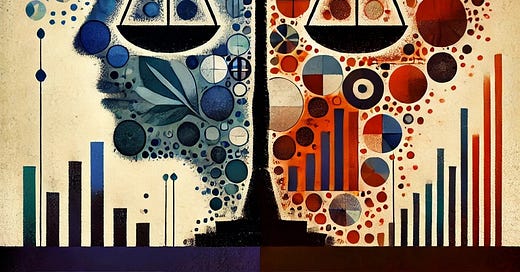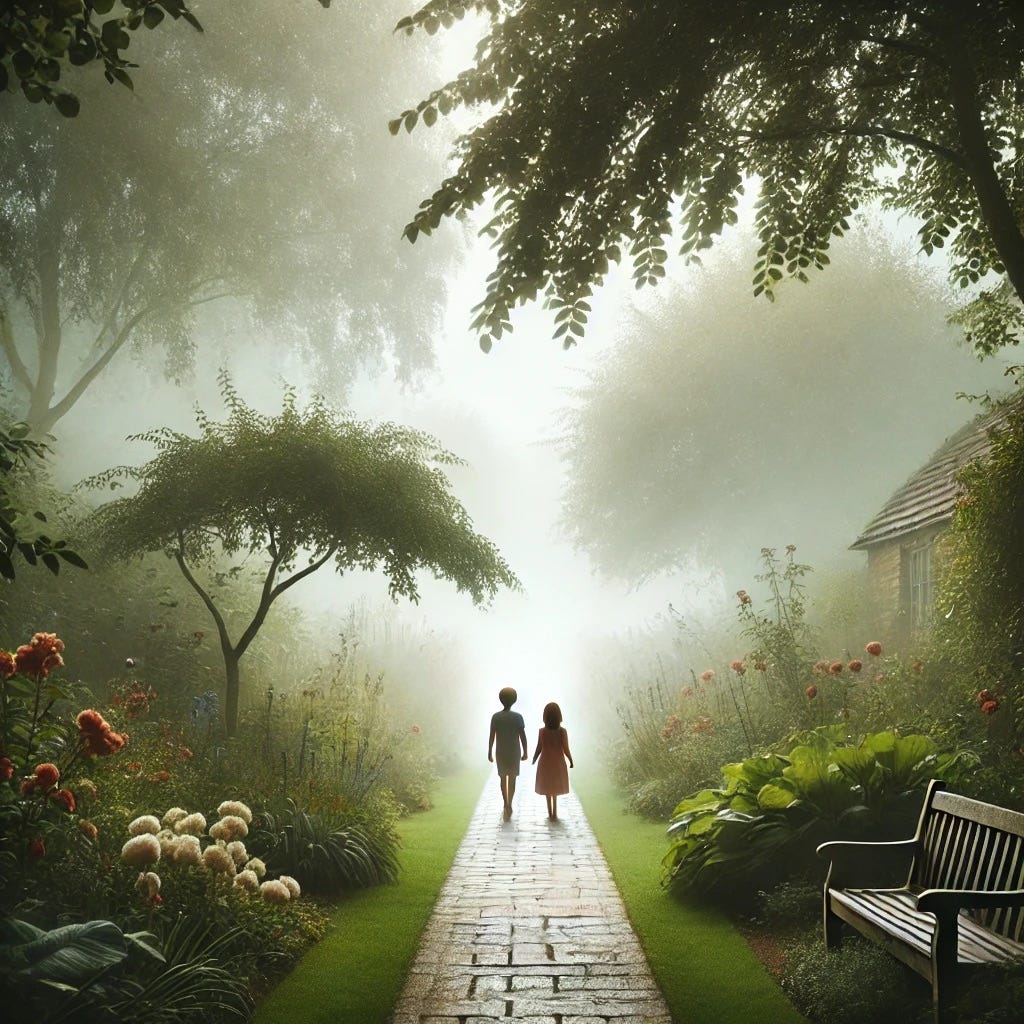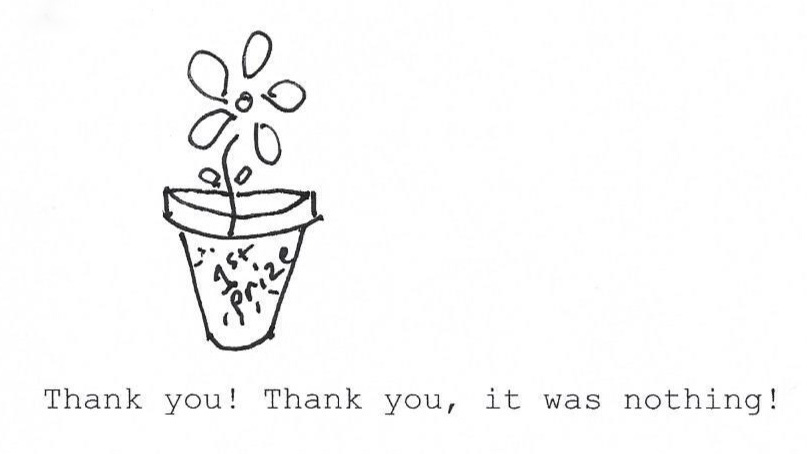NAPA VALLEY, Calif. — Occasionally over the years friends have commented that I can sometimes be “too political.” No matter what we are talking about, they say, I find a way to connect it to whatever is going on in the political arena. I’m not loud or obnoxious, mind you, and I’ve never lost anyone over this issue, but everyone who knows me knows how I think government and politics affect just about any issue they care to bring up. And while my intention is never to be offensive, neither do I shirk. “I respectfully disagree” and “That position doesn’t align with my values” are phrases I use to maintain that balance.
This proclivity is certainly not the fault of my hard-working parents, who were too busy trying to make ends meet to pay much attention to the public discourse. My mother once told me she voted for a candidate because she had seen him on TV and thought he seemed nice. They raised me never to talk about religion, politics or money, and I’m not sure how happy they would be to know how freely I discuss all three.
Why wouldn’t I talk about these subjects? Why doesn’t everyone? They affect every area of our lives and pretty much define who we are, so why do we tiptoe around them? And given that the mandate to keep quiet on these topics is pretty much standard, who made up that rule in the first place? This is how we learn and in learning get to the truth. Isn’t that what critical thinking is all about?
My friends in the IT industry call this “banging on it.” When they develop new software, they want those who test it to try every possible function and ask every imaginable question in case there is a flaw they haven’t considered. I feel that way about the books and stories I write, too. I would much rather have an editor tell me there is a problem than to see my mistakes go into print. When it comes to politics, if you think I’m wrong, let’s talk about it. It’s possible you’ll persuade me to change my mind.
If anyone is to blame for my so-called shortcoming, it would have to be Renos Spangler, who was my high school government teacher. In his stuffy classroom and by means of the notebooks we were required to keep, I learned how the United States keeps ticking. We studied the Constitution, the three branches of government, how laws are made and how important it is for those of us lucky enough to be born in this country to engage and do our part. The class only lasted for a semester, but its lessons have impacted my entire life.
My high school boyfriend, who much later became my husband, was out of school for most of his junior year with a serious illness. His friends visited him at lunchtime and after school, and his mother asked us to sign a book so he could remember who had been there. He still has that book, and we were leafing through it the other day. Most of the entries say things like, “Good luck, Phil,” “Get well, Phil” or “We miss you.” It was an election year, however, so what I wrote was a political slogan.
In fact, not much has changed since then. In college I belonged to a political organization, and I don’t think I’ve missed a debate or state of the union speech since. Thanks to being a journalist, I have also had the good fortune to attend two political conventions. In 1996 I was at the Republican gathering in San Diego where Bob Dole and Jack Kemp were the nominees, and in 2000 I was in Los Angeles for Al Gore’s nomination alongside Joe Lieberman. They were both thrilling, and I wish everyone could experience the surge of patriotism I felt — the optimism and the belief that we could work together to solve our problems, that my vote would make a difference.
The intervening years have made me more cynical about how the world operates, but I still believe in the U.S. “experiment.” As a journalist I work hard to maintain objectivity, but of course I watch all the debates and speeches, and, most importantly, I never miss the opportunity — the gift — of being able to vote.
So here we are, once again in a presidential election year that is turning out to be like no other. So far one party has suffered an assassination attempt, and the other has changed candidates mid-campaign. Unlike any other election in history, the results of this one will set the country on one of two vastly different paths to the future.
But just like every other time, I hear people saying things like, “I don’t plan to vote. What happens in Washington doesn’t have anything to do with me.” When this happens, I don’t know whether to get angry or just sit down and weep. It reminds me of a meme I recently saw on the internet: “‘My vote doesn’t count,’ said 7 billion people.”
According to the Pew Research Center, the combative 2020 presidential election saw some of the highest voting percentages ever at 66%, which still raises the question of what the other 34% were doing that day. The U.S. Census Bureau reports that registration for the 2022 midterm elections was also high at 69.1%, although only 52.2% actually showed up at the polls. Those who stayed away said they were too busy or had a schedule conflict, but with early and mail-in voting options, those excuses are no longer viable.
The fact is that everything that happens in Washington — and in our state and local governments — affects us. The taxes we pay and how the money is spent, whether the country goes to war or stays at peace, the schools our children attend and what is taught there, the speed limits on our streets and thousands of other decisions that affect our daily lives are made by people we elect — or who were elected by others while we were too busy to be bothered.
So back to the people who criticize me for being too political: I don’t believe there is such a thing. We must remain kind, thoughtful and non-argumentative, of course, but we need to bang on one another’s ideas and talk until we are too hoarse to speak. With so much hanging in the balance of every election and this one in particular, it would benefit all of us — and our country — if every one of us was a little more political.
If today’s story captured your interest, explore these related articles:
Sunday E-dition: End-of-Life Planning for Peace in Challenging Times
Sunday E-dition: Retired Judge Brings Real Napa Valley Crimes to Life
Sunday E-dition: WineaPAWlooza Raises $1.1 Million for Animals
Disasters Impact Pets: Jameson Humane to Host WineaPAWlooza Fundraiser
Glenda Winders is a novelist, freelance writer and copy editor for Napa Valley Features.
Levity Corner
Caption contest: Pick your favorite caption or add your own in the comments below.
Possible captions:
"If anyone brings up politics, the turkey blows the whistle."
"Let's hope the turkey doesn't need to throw any flags."
"Remember, folks, no political debates until after dessert."
"'Keep calm and pass the stuffing.'"
"The only bipartisan agreement tonight is the mashed potatoes."
Last week’s winner
In "Sunday E-dition: End-of-Life Planning for Peace in Challenging Times," winning captions was "Stepping into serenity, one step at a time,” with 44% of the votes.
Last Week
Tim Carl reported last week on the opening of Charlie's in St. Helena in his article "Charlie’s in St. Helena Is Not Only New — It’s Great." Since its debut, Charlie's has attracted a loyal following for its fresh, well-prepared food and welcoming atmosphere. Chef and owner Elliott Bell, with a background that includes working at The French Laundry, aims to blend sophistication with approachability in his menu. The restaurant honors the legacy of Cindy Pawlcyn, retaining elements from her iconic Cindy's Backstreet Kitchen. Charlie's features a variety of local ingredients and dishes, making it a vibrant addition to Napa Valley's dining scene.
Last week, Napa Valley Features reported on the death of Howard J. Backen at age 88. Backen, whose work transformed the architectural landscape of Napa Valley, co-founded BAR Architects and later established Backen & Backen Architecture. His designs, characterized by a seamless blend of rustic simplicity and natural materials, include iconic projects like Sterling Vineyards and Robert Redford's Sundance Resort. Throughout his career, Backen was dedicated to regenerative design and environmental stewardship. His legacy continues to influence architectural aesthetics worldwide.
John Dunbar shared insights last week in his article "Sunday E-dition: End-of-Life Planning for Peace in Challenging Times." Dunbar recounted the emotional and logistical challenges he faced managing his brother Mike's end-of-life care. He emphasized the importance of having advanced health directives and durable power of attorney in place, detailing his experiences with Medicare, Medi-Cal and the legal complexities involved. Dunbar highlighted the relief that comprehensive planning provided during a difficult period, underscoring the value of preparation in navigating such challenging times.
Charlotte Hajer, with Maya Frazier, explored social media's impact on mental health in their article "Manage Social Media for Better Mental Health." Hajer shared her concerns about her son's future social media use and consulted Frazier, a therapist at Mentis, for insights. Frazier emphasized that social media's effects depend on how it is used, highlighting its potential for positive self-expression and community connection, as well as its risks of causing stress, anxiety and sleep disturbances. She offered practical tips for curating a healthy social media experience and advised parents on guiding their children's online interactions responsibly.
Julie Pramuk shared insights on the California carpenter bee in her article "Make Room for Pollinating Carpenter Bees." Pramuk detailed her personal encounter with these bees, noting their nesting habits and importance as pollinators for crops like blueberries, melons and tomatoes. While carpenter bees can be a nuisance due to their wood-boring activities, they play a crucial role in the ecosystem. Pramuk encouraged readers to create bee-friendly environments by offering nesting sites and planting nectar-rich plants, emphasizing the bees' value in pollination and natural recycling processes.
Virginie Boone discussed the film "The Widow Clicquot" in her article "The 'Widow Clicquot' Tells the Story of Champagne." The movie, based on Tilar J. Mazzeo’s biography, follows Barbe-Nicole Clicquot Ponsardin, who transformed a small wine business into a leading Champagne house in the 19th century. Directed by Thomas Napper, the film emphasizes her innovation and determination. Remi Cohen, CEO of Domaine Carneros, highlighted Clicquot’s influence on women in the wine industry. The movie showcases Clicquot’s inventions and celebrates her enduring legacy, with rare vintages named “La Grande Dame” in her honor.
Tim Carl explored the complexities of Napa Valley’s auction culture in his article "Under the Hood: The Rise of Auction Culture — Fragile Funding and Community Risks." Carl highlighted the history and evolution of charity auctions, notably Auction Napa Valley, which has raised significant funds for local causes. However, he pointed out the potential risks associated with auction-dependent funding, such as economic vulnerability and shifting financial burdens to the community. Carl emphasized the need for sustainable funding models, increased transparency and equitable distribution of resources to ensure long-term community stability and support.
Next Week
Next week we have more interesting articles from a host of Napa Valley Features contributors. The Master Gardener series on Wednesday will provide gardening insights, while Dan Berger will focus on wine topics on Thursday. Carl will delve into our current understanding of how climate change will affect the region, going beyond just the impact on the wine industry. Plus, much more.










Glenda, I always enjoy your columns. I would like to read more of your writings, books or other formats. Where should I begin?
Does Glenda Winders think there is a connection between politics and religion?